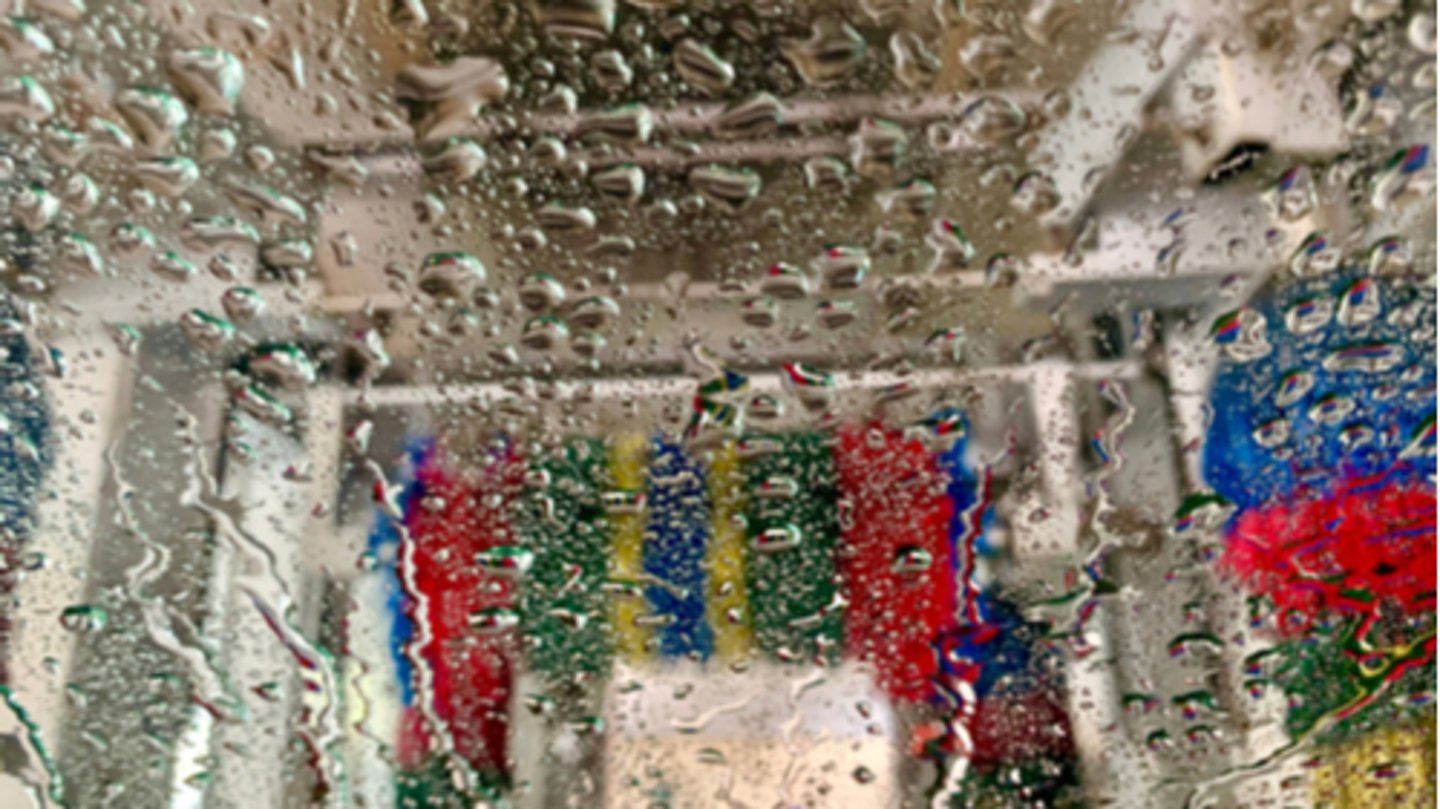Sound decisions at the car wash
Car washes can be loud, very loud. Car wash operations without sound limiters can hit levels as high as 90db and cause hearing loss to unprotected workers, annoy neighbours and make customers uncomfortable. New technology that has increased the use of quieter electric motors over older hydraulic systems, better entryways and sound cloaking techniques have worked to bring the noise down at Canada’s car wash centres. Operators are listening.
At Kelowna's Skogie's Car Wash they have looked to lower the loud with state-of-the-art equipment at new sites. "We just built a new wash and chose to use Belanger's SpinLite equipment because it is gentle and much quieter than previous generations of tunnel equipment," says Skogie's director Chris Skoglund. "You can talk on speakerphone while going through the wash, which you could not do previously. We will be upgrading one of our other sites to SpinLite this spring."
At Bubbles in Alberta, operator Natasha Toffoli has also been paying attention to noise-limiting technology. “Of course, blowers are noisy all around, but yes, we've had to implement dampening at our new site as the sounds echoed through the main floor of the building,” she says. “We installed sound panels throughout the vacuum bays and built a sound dampening system around the blowers. These installations reduced the sound substantially."
Central vacuums
Alongside dryers, vacuums can be among the loudest machines in the car wash, with some equipment running close to 90db. Combatting this challenge are systems that utilize remote placement of motors and fans to keep sound levels down.
At AutoSpa in Mississauga, Ont., crews work from moving conveyors with vacuum hoses, cleaning solution applicators and other tools set up on an overhead gantry. Vacuum system motors are placed well away from the work area to keep the site as quiet as possible while wash technicians get to vehicle interiors. Supplied by Eurovac, AutoSpa uses dual 30 horsepower vac systems that are powerful and quiet thanks to motor placement in the compressor room. The hoses run above the conveyor on a rail system. This placement allows wash technicians to limit reach for hoses and always have a vacuum ready at hand.
In Quebec at Baril Ford in St-Hyacinthe, they turned to Drainvac for a solution to quiet their shop. According to Baril Ford Lincoln president Eric Dumouchel, the first great advantage of Drainvac is the motor. “It’s industrial,” he says, noting that while it offers a large sound, it can be mounted far away from the action in the garage in a separate room. “This way, employees have a good quality work environment, and they can talk to each other.” Dumouchel remarks that having a quieter shop means staff can pay greater attention to details. “With the equipment on the wall, there’s no more machines on wheels that would bang on car doors or fall on their sides. And, because it can be noisy in the shop, people often didn’t hear the vacuum and could accidentally hit the bodywork of the car and make some damage,” he says.
Dryers
Based in Cary, Ill., International Drying Corporation released the “Stealth" (Quiet Dryer) in 2018. This system features patented "Smooth air technology" (SAT) that offers a low turbulence design and delivers over 10,000CFM per 10HP motor. This year International Drying Corporation will release the next generation of its Stealth (Quiet Dryers) called the "Stealth Predator” (Ultra Quiet Dryer). This dryer is 10db more quiet than its predecessor and features new patent-pending "Reverse flow air technology" that produces in excess of 11,000CFM per 10hp motor and 20% more velocity.
NCS MacNeil’s PowerLock is an air valve that reduces energy use by preventing airflow between vehicles and minimizing peak load charges. PowerLock lowers noise levels by up to 5db when it’s engaged. The company reports its product works in new sites as well as add-ons for existing equipment. PowerLock can save up to 30% on both peak billing charges and overall electricity use from car wash dryers
Proto-Vest has stepped up the quiet with its model S130 Silencing Package. Utilizing a 30hp rotary blower, the system features low maintenance, touchless design that is 10db quieter when coupled with the silencer package. According to the company, they addressed noise from the blower inlet, covered the toe blower and the motor, and blocked noise from the rotor and from outgoing air to create a product that is considered 10 times quieter than average.
Keeping the noise inside
Entry and exit doors are the first and last best method for sound reduction where sites are located close to residential areas where noise complaints can become an everyday occurrence. Here, polycarbonate doors offer the best sound resistance with entry systems that offer quick open and close features. The faster the door closes, the less time noisy dryer motors and other wash machinery can interact with the neighbours.
Sound reducing coating technology offers another way for wash operators to keep wash sounds inside. A spray-on surface for interior walls and ceilings or a sound-reducing paint applied to a single side of a blown cellulose metal stud wall will boost the Sound Transmission Class or STC rating from 40-45 by +7 points to 52. STC is a measurement used to calculate the effectiveness of sound reduction materials, and how they reduce sound transmission between rooms. The higher the STC rating, the more effective a material is at blocking sound.


